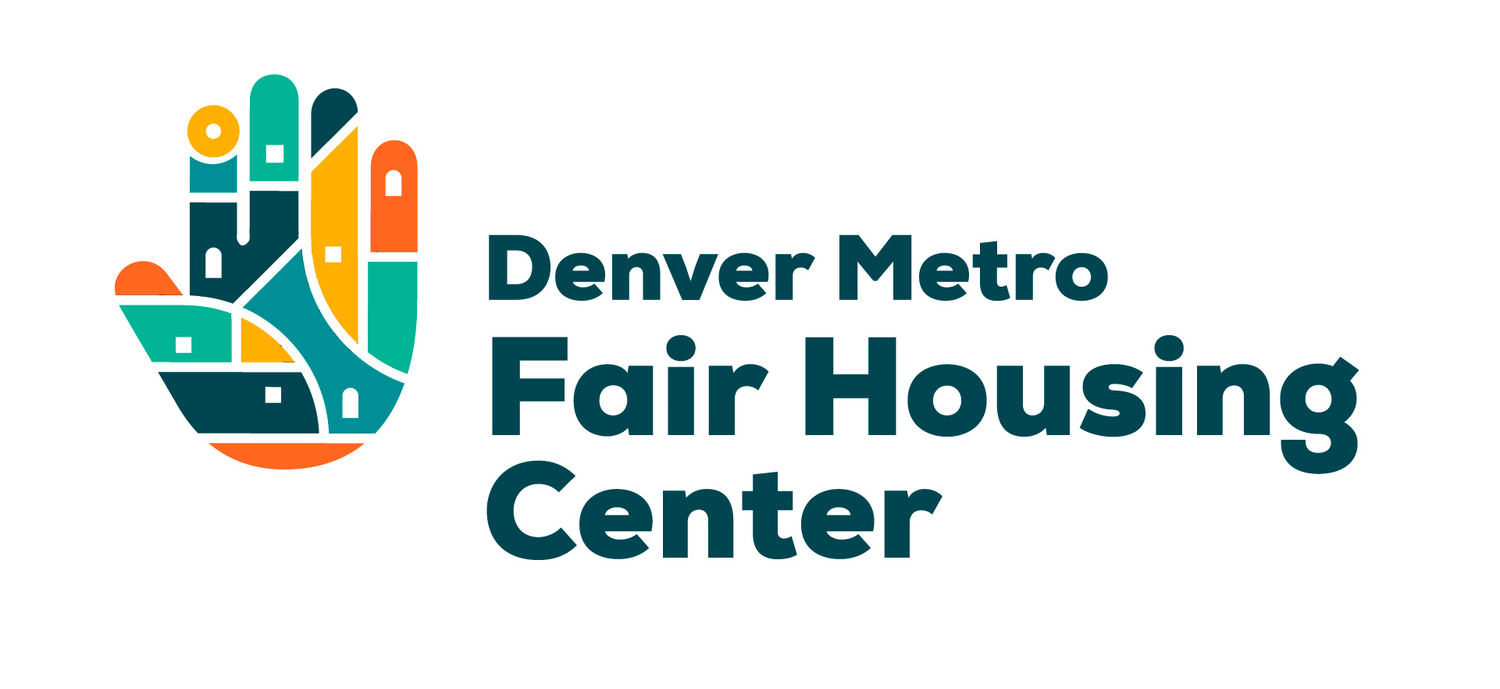Affirmatively Furthering Fair Housing (AFFH)
On July 8th, 2015, the U.S. Department of Housing and Urban Development (HUD) announced the release of a fair housing regulation aimed at promoting healthy, prosperous, and stable communities. The rule will help jurisdictions that accept federal funds comply with the existing mandate to “affirmatively further fair housing,” a key provision of the Fair Housing Act designed to encourage communities to use their funds to expand equal housing opportunities.
Along with this Affirmatively Furthering Fair Housing (AFFH) rule, HUD will provide local policymakers with better data on housing, demographics, and other local conditions and the tools to create locally-appropriate solutions to tackle persistent barriers to fair housing. This rule will help communities strategically use resources available to them to expand housing choices for people with disabilities, families with children, and other under-served groups.
Where you live matters, and this rule will help ensure that everyone has a fair shot at the opportunities they need to succeed, regardless of their zip code. When Congress passed the Fair Housing Act in 1968, it recognized that government policy had helped create deeply segregated communities and then starved many communities of the services and amenities critical to their health and vitality. The AFFH rule provides local governments with the tools to ensure that every community has access to quality schools, good jobs, public transportation, safe streets, a healthy environment, and other factors critical for thriving neighborhoods.
NFHA President and CEO Releases Statement Following President Trump’s AFFH Tweet
Washington, D.C. — NFHA President and CEO Lisa Rice, regarding President Donald Trump’s recent tweet about the Fair Housing Act’s Affirmatively Furthering Fair Housing (AFFH) provision.
“Trump’s tweet about rolling back the Affirmatively Furthering Fair Housing (AFFH) provision of the Fair Housing Act is appalling. AFFH is critical fair housing protection that has been on the books for more than 50 years and was passed to honor Dr. Martin Luther King, Jr. seven days after his death. This important provision was designed to counteract the harmful impacts of forced residential segregation, structural racism, and systemic barriers to fair housing. Because of residential segregation and structural inequality, where you live impacts everything about you – your chances of graduating from high school or attending college, your chances of being arrested, your net worth, your credit score, your income, your chances of becoming a homeowner, and even how long you will live. Because of persistent residential segregation and structural inequality, your zip code is better at determining your health than your genetic code. In his tweet, Trump suggests that banning housing discrimination has a devastating impact on suburban areas. He is flatly wrong. Studies have shown that diverse neighborhoods greatly benefit both People of Color and Whites. As the nation demands an end to systemic racism, this is the last moment we should be gutting longstanding tools to do precisely that.”
Zip Code Matters: A Summit on Access to Opportunity in the Denver Metro Region
DMFHC was instrumental in creating an AFFH Summit, made possible with funding from the U.S. Department of Housing and Urban Development. The summit's goal was to bring together housing practitioners and community stakeholders to discuss ways we can work together and move forward to Affirmatively Further Fair Housing in the Denver metro region.
Presentations from the AFFH Summit:
Brian Connolly and Don Elliott
Dace West - Mile High Connects
James Whiteside - U.S. Department of Housing and Urban Development
Click here to access data developed for Summit attendees by BBC!
